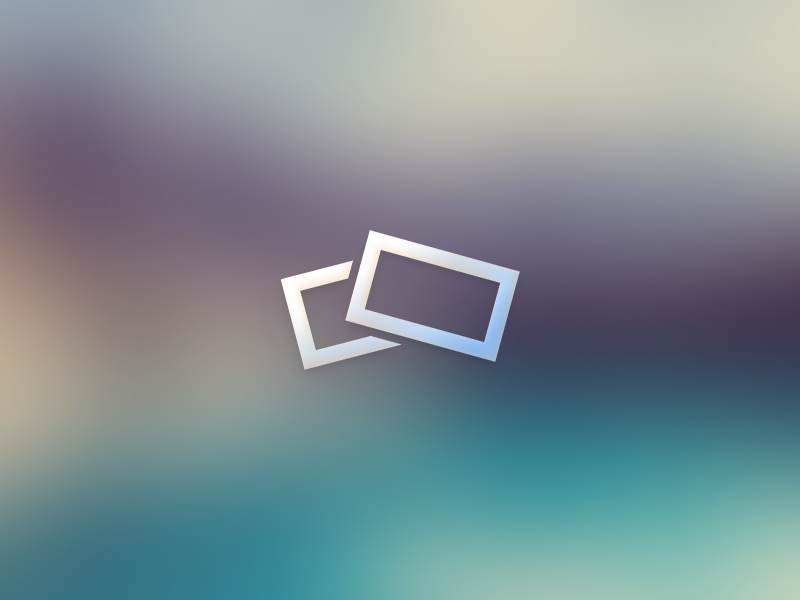
I don’t consider myself an artist or even artistic. I see many other photographers' work and I’m just blown away at how creative their stuff is. I look at my own and the process I go through and I feel that I struggle in comparison! Some people seemingly pull ideas out of thin air and just implement them. I, on the other hand, have to actively plan. I need inspiration, examples, reference the colour wheel and I need to visually see things to be able to make them into something.
I’m not saying this is a bad thing. I’m just aware that the perception of other people’s work, process and skill SEEMS more fluid and natural than my own. I’m aware that other people potentially feel the same way about my work too. This is where my imposter syndrome comes in hard! Imposter syndrome is basically where you constantly doubt your skills and abilities and feeling like a fraud regardless of what you achieve.
When working with people, I often ask for their input and opinions on various things. On occasion I’ll get a reply of “I don’t know, you’re the artist”, and that makes me feel like a massive fraud! My internal monologue screams “You’re not an artist, you’re creative at best!”.
By definition, (going on the Merriam-Webster dictionary here) an artist is -” a person who creates art (such as painting, sculpture, music, or writing) using conscious skill and creative imagination”. By that definition alone, the imposter syndrome is completely redundant. But it’s all about the feeling. I don’t feel like one! And that’s OK. I see myself as more creative. To me, it feels like I have to put a lot more effort into a shoot and make specific points to remember. I have to actively plan a whole lot and put a tonne of effort into the planning process.
There is a massive differnce between imposter syndrome and a lack of skill however. A lack of skill includes consistently producing low quality work, getting negative feedback from people, not having technical knowledge and skills to produce quailty work, etc. But that's ok aslong as you're aware of having a lack of skill and where those areas of improvement are required. That gives you something to work from and a defined direction of skills you need to build. I know exactly where I lack skill and knowledge and actively work to change these within my work.
Shoots with me tend to go like this; I’ll have a variety of general inspiration shots, I’ll have a few light setups in mind or planned, and a few gel colours sorted. I try to get a few different camera angles and crops in the back of my mind too. Depending on the model, I may have posing inspo too. Outfits I don’t have too much input in, just a few general requests. I’ve started keeping specific tag words in mind during a shoot too to try keep it fitting a general theme as it all progresses.
This is a reason why I love the long exposure side of my work. Once the technical aspects are set, the control is partially relinquished and that’s super refreshing. It’s a little piece of the process I can’t full control or predict the exact final outcome, which is exciting and liberating! I’ve set all the technical parts, then I get a creative aspect to just play with.
Having said all of that, I never have a super strict shoot. Everything is pretty relaxed and things can change or evolve instantly as and when needed. I like to think of it as fluidity. Which comes in so handy when something goes wrong, as it always does, and you can just adapt on the fly.
Remember though, this is me saying how it feels like others get similar results with alot less effort. However, the reality is that it’s not true. Other people definitely put similar amounts of effort into their shoots, if not more. Otherwise the also wouldn’t be getting the results they’re getting. The whole “winging it” thing can get decent results, but it can’t be consistent. With everything in life, no plan is a plan to fail. (Or whatever the saying is). The more you plan, the more higher chance you have of having a successful shoot.


 ) to see how your blog looks
) to see how your blog looks